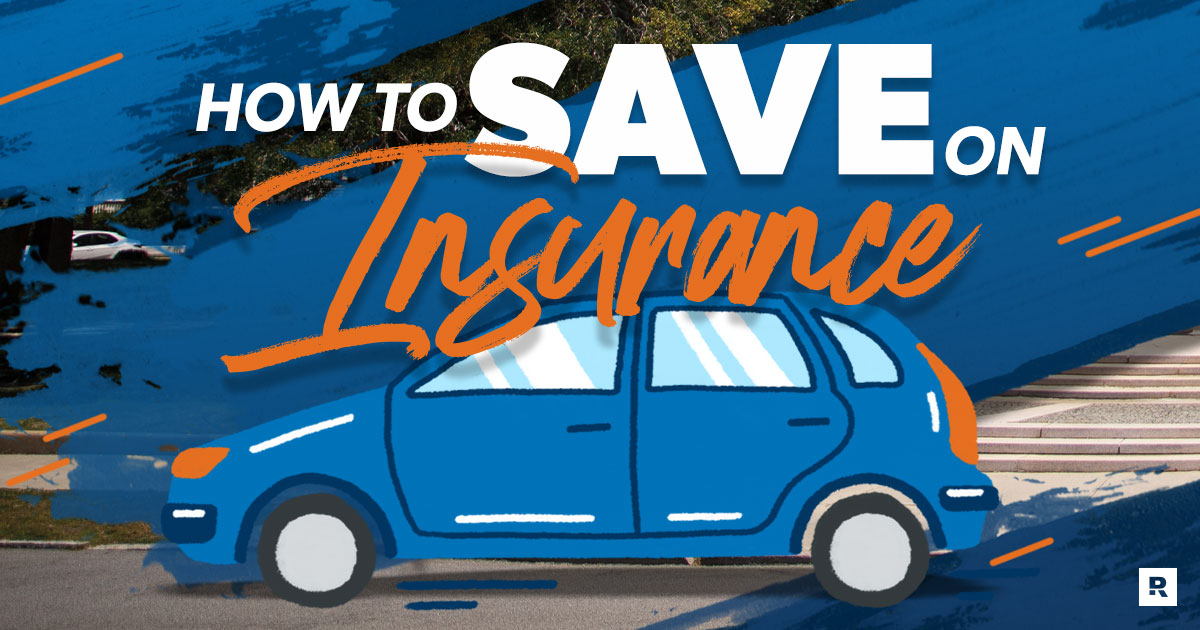Car insurance can be a significant monthly expense, but there are several effective strategies to reduce your premium without sacrificing coverage. Whether you're looking to cut costs for the short term or make lasting changes, these tips will help you save on car insurance.
1. Shop Around for the Best Rates
Different insurance companies offer varying rates, even for the same coverage. Take the time to compare quotes from multiple providers. Some may offer discounts or special promotions that could help you save. Online comparison tools can make this process faster and more efficient, allowing you to assess different options in one place.
2. Bundle Policies
If you have multiple insurance policies, such as home, renters, or life insurance, bundling them with the same provider can result in significant savings. Many insurance companies offer discounts for customers who choose to bundle their policies, sometimes up to 25% off.
3. Maintain a Good Driving Record
Your driving habits directly impact your insurance premiums. A clean driving record with no accidents or violations can help lower your rates. If you have a history of accidents or traffic violations, consider taking a defensive driving course to potentially reduce your premium.
4. Increase Your Deductible
A higher deductible means you'll pay more out-of-pocket if you file a claim, but it also typically lowers your monthly premium. If you’re financially prepared to cover a higher deductible, this can be a great way to save on car insurance costs.
5. Take Advantage of Discounts
Insurance providers offer various discounts, some of which may be easily overlooked. Common discounts include:
- Good student discount: If you or a dependent is a student with good grades, you may qualify for a discount.
- Low-mileage discount: If you don’t drive much, you could save by proving your low annual mileage.
- Safety feature discount: Cars with anti-theft devices, airbags, or other safety features may earn you a discount.
- Military or senior discounts: Many insurers offer reduced rates for active military personnel or senior citizens.
Be sure to ask your insurer about all the discounts you may qualify for.
6. Opt for a Smaller or Safer Car
The type of car you drive can significantly influence your insurance premium. Newer, more expensive models or sports cars often come with higher rates, while sedans, minivans, and used cars may be cheaper to insure. Additionally, cars with higher safety ratings and lower theft rates often qualify for better premiums.
7. Review Your Coverage Regularly
Your insurance needs may change over time. If your car’s value has decreased, you may no longer need comprehensive or collision coverage. If your car is older and has a low market value, consider adjusting your policy to only cover the basics. Regularly reviewing your coverage ensures that you’re not paying for unnecessary extras.
8. Drive Less
If possible, reducing the amount of time you spend driving can reduce your insurance premium. Some insurers offer low-mileage discounts, and less time on the road means fewer chances for accidents. If your employer offers work-from-home options or you can take public transport, these can help reduce your car usage.
9. Improve Your Credit Score
Many insurers use credit scores as part of their pricing models. A higher credit score can result in lower premiums. If your credit score is less than stellar, consider taking steps to improve it, such as paying down debt or checking for errors on your credit report.
10. Consider Pay-Per-Mile or Usage-Based Insurance
Some insurers offer pay-per-mile or usage-based insurance policies that charge you based on how much you drive. If you're someone who doesn't drive often or primarily uses your vehicle for short trips, this could result in significant savings.
11. Avoid Unnecessary Coverage
Evaluate whether your current coverage is too much for your needs. For example, if your car is old and not worth much, it may not make sense to carry comprehensive or collision insurance. Dropping optional coverages can save you money, but be careful not to under-insure yourself.
Conclusion
Car insurance doesn’t have to be a burden on your budget. By following these tips and consistently reviewing your options, you can find the best deal and keep your premiums manageable. The key is to shop around, stay safe on the road, and keep your coverage in line with your needs. Saving on car insurance is not only about finding a good rate but also about making smart decisions that suit your lifestyle and financial situation.

